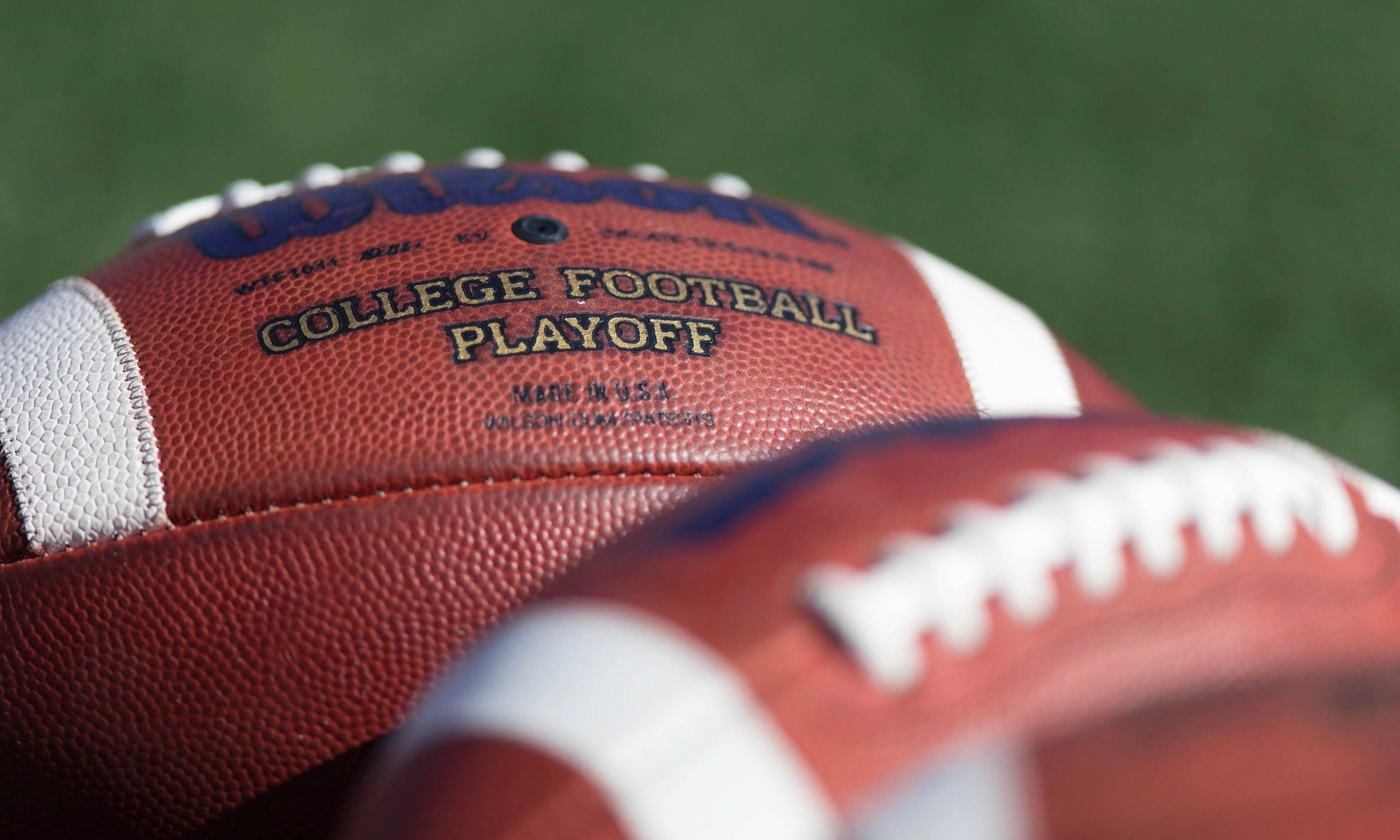The coronavirus pandemic has made this a summer like no other. Social distancing. Stay-at-home orders. Things you’ve never heard of. Pretty soon, those bouts of uncertainty will circle back to where they started: amateur sports.
When I was debating whether the NCAA Division I Men’s Basketball Tournament would be canceled back in March, I never would have guessed we’d question whether there would be college football. But here we are today, talking about whether there will be sports this fall.
For millions of athletes, the season’s cancelation looks inevitable, but there’s a crack of shining light relaying hope. Spells of hope that on the horizon is another chance at a state championship, conference championship or opportunity to take the field one more time with teammates. Nonetheless, between most spells is a breathtaking reality of what’s possible: no season at all.
Over the past week, we’ve been getting some of the answers we’ve been looking for, with the Big Ten and Pac-12 switching to conference-only schedules for football. When I say “we,” I mean the big-school, Division I fanbase that values college sports as a form of entertainment, that gets caught up in the billion-dollar industry collegiate athletics has become and that loses sight of the humanity of college players.
This is so much more than fans wanting to have something to watch on Saturday afternoons, or conferences trying to calculate how much money they will lose if athletics can’t happen or if fans can’t congregate for games.
It’s the humanity of the players. It goes back to the term, “student-athletes” and remembering that the football and basketball players who become celebrities are brothers, sisters, sons and daughters first. It’s the idea that Zion Williamson and Tua Tagovailoa are representative of millions of athletes in their love and passion for their craft but extremely unique in their talents and abilities, and it’s forgetting that most college athletes don’t get to hear their name called on draft night.
It’s about all the players who have to break up with the thing they love the most, having to let go of the one constant in their lives, the thing that comforts them most. It’s about the young men and women who don’t get national attention — the Division II athletes, the Division III athletes and the high school athletes; all the athletes who know for a fact that the end could have passed without them knowing. It’s about identity and the only identity these players have ever valued.
It’s about simply not knowing.
Right now, athletes are caught in the middle, trying to keep their hopes up while staying realistic. Although some collegiate conferences have announced plans to savor some kind of season, there’s still a lot of uncertainty. In reality, we don’t know whether the conference-only schedule format some leagues have adopted will serve its purpose, and in both college and high school sports, many student-athletes have had their seasons canceled. Others don’t know if their seasons will be canceled, and each day that goes by without concrete answers makes the future look gloomier and gloomier.
I guess this relates to the debate fans often have over whether athletes ever go out on their own terms. Of course, if athletes could play forever, they would, but every athlete reaches a tipping point, where they need to set their priorities. Some reach that stage in middle school, others at the end of high school, others in college and the really elite hold off those conversations until adulthood.
No matter when your athletic career ends, it’s horrible. But I think there’s something about knowing that your last year is your last year. You enjoy it more. You live in the moment a little more than you would otherwise, seizing every opportunity you have to play your best, practice your hardest and have fun with teammates. That doesn’t take away the vivid feeling of heartbreak that overtakes every other emotion when that final buzzer sounds, but it’s different when you’ve known the end was coming.
I can’t imagine not knowing whether my career playing sports is over. On one hand, I would want to continue to prepare for the upcoming season as I would any other year, especially because I would want to make the most of my last year playing. But on the other, part of me would foresee the possibility of a canceled season and want to move forward. It’s a terrible dilemma as an athlete.
I guess what they say is true: play every game like it’s your last game, because it just might be.




